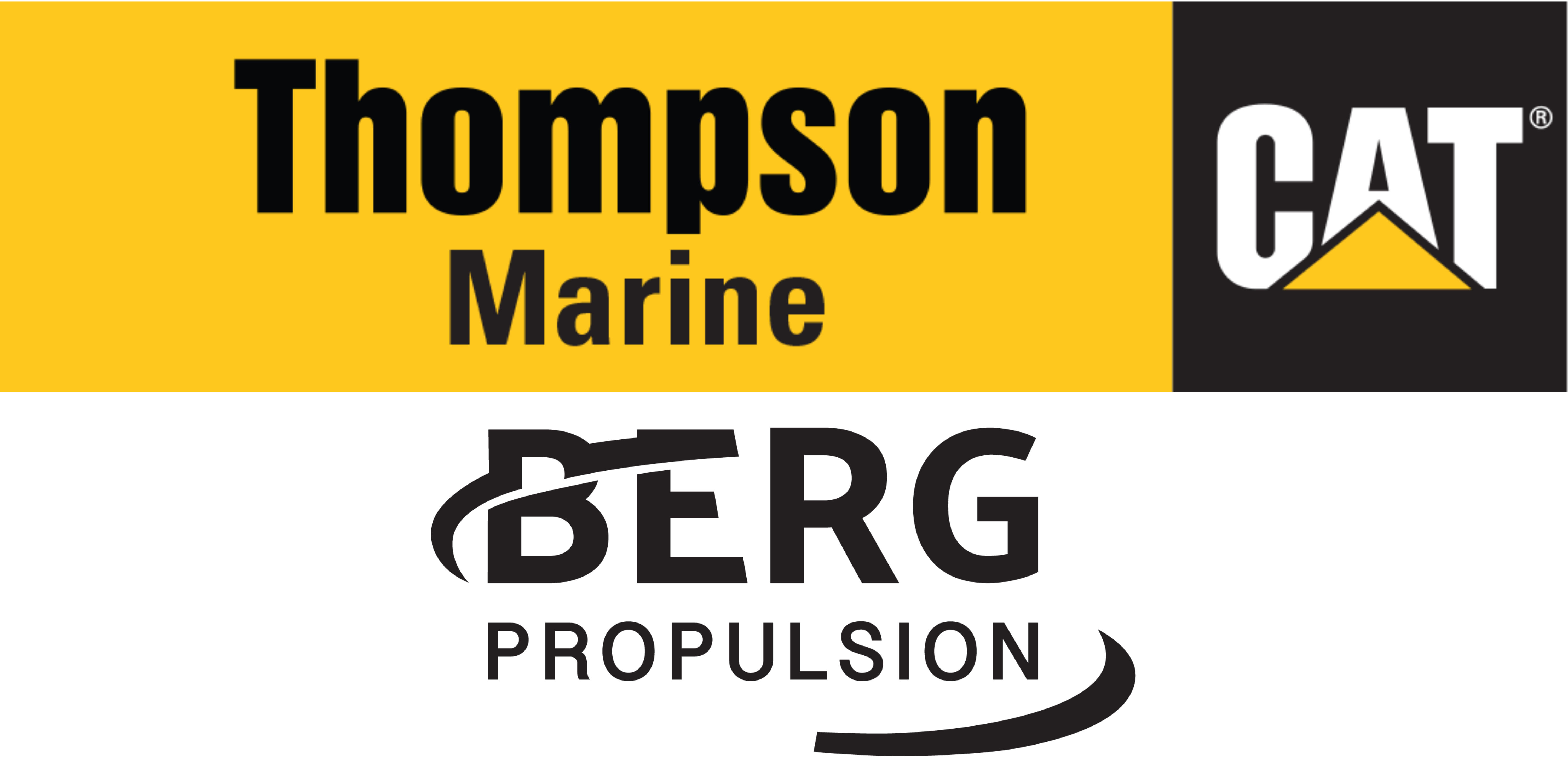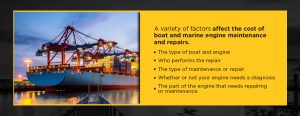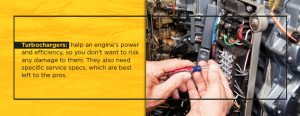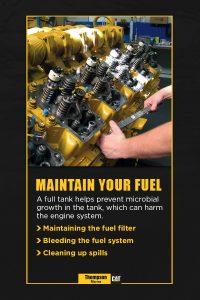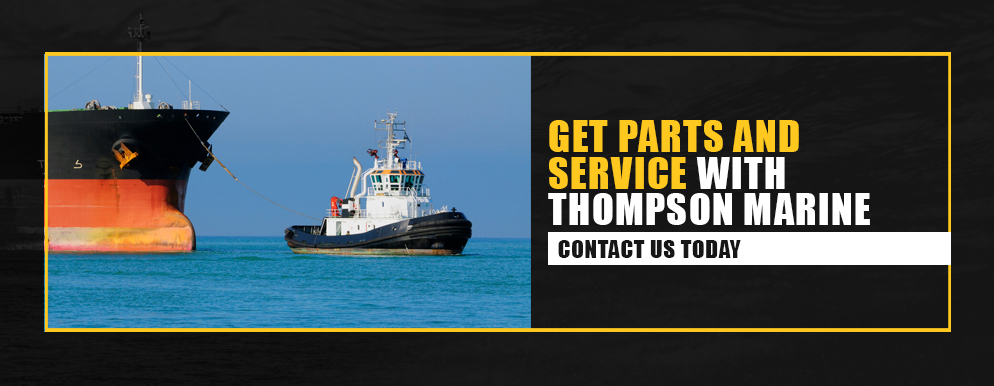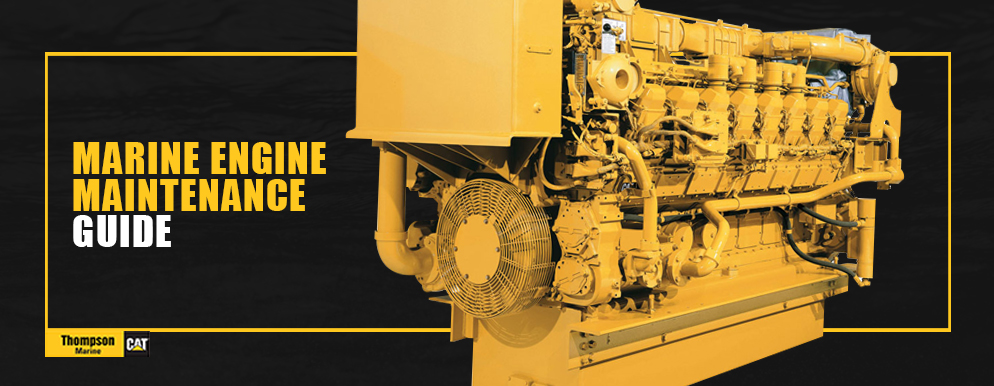
When you’re yachting, fishing, orrunning commercial boating, you need to know how to maintain your marine engine. A clean and cared for diesel engine keeps every passenger on your boat safe, so it is critical that you conduct proper boat maintenance.
From how to take care of your engine cooling system to basic marine diesel engine maintenance, you want to understand everything involved in owning and taking care of a marine engine. First, you may want to know the typical costs of boat service, repair, and maintenance.
How Much Does Boat and Marine Engine Maintenance Cost?
A variety of factors affect the cost of boat and marine engine maintenance and repairs. What you pay to maintain your engine and boat depends on the following:
- The type of boat and engine
- Who performs the repair
- The type of maintenance or repair
- Whether or not your engine needs a diagnosis
- The part of the engine that needs repairing or maintenance
Your location may also have an impact on the marine engine repair cost, but in general, the problem with the engine is the most significant factor along with who repairs it.
If you want to know how much boat maintenance costs if you hire an expert to do the work, contact them beforehand to get an estimate. It’s a good idea to interview several repair companies, to get an idea of the typical price of the work you want to be performed. While you do want a good deal, you don’t want to choose the cheapest option.
Your boat needs maintenance and repair. Working with an inexperienced company or trying to do the job yourself can mean it needs more extensive repairs, at a higher cost, down the line.
Know what you need to maintain gives you an understanding of how much you can expect to pay.
Most Common Marine Engine Problems
Some types of marine engine problems are more common than others. If you notice any issues with your boat or engine, it may be one a lot of boat owners experience. Some of the most common marine engine problems are:
- Blown fuses
- Corroded electrical connections
- Loose alternators
- Loose belts
- Clogged fuel filters
- Clogged sea strainers
- Old antifreeze
- Water or other materials in the fuel
- Damaged impellers
- Plugged mufflers
While some of these are an easy fix, you may have something more complicated on your hands. Depending on the problem or combination of problems, you could need new parts or help from an expert, including an engine rebuild. Some repairs and maintenance are simple to conduct on your own, though.
Follow the Manual
Sometimes, the answer to questions like “Do I need to change my boat oil every year?” or, “How do I clean my marine engine?” are easy to find. The boat’s manual might give you step-by-step instructions or otherwise guide you through the process of changing the boat’s oil or cleaning the engine.
You don’t want to rely on general directions or advice when it comes to making repairs to your specific boat model. The maintenance and repair processes are often different for different models and engines. When in doubt, read the manual.
Some of the information you’re likely to find in the manual includes:
- Changing the oil filter: Your manual should tell you what type of oil filter to use in your marine diesel engine. If you use the wrong one, you risk restricting oil flow throughout the engine.
- Putting the raw-water pump back in: Your manual may advise you to take your impeller out in the fall and replace it in the spring, which is an essential part of engine maintenance. You’ll also want to check your manual when putting the pump in place again. You should find a tightening sequence and torque specs for hose clamps. Follow the steps when reinstalling your raw-water pump to avoid issues with the mechanism.
- Re-torquing cylinder heads: You should leave the process of re-torquing cylinder heads to the pros. Your manual should tell you how often you should have someone perform this maintenance. The frequency is based on hours of operation for your engine, so be sure to keep track of how much use the boat gets.
Consider your manual your ultimate guide to boat maintenance. If you have any questions, read the manual, as you’ll likely find a helpful answer there.
Take Notes
Whenever you perform any maintenance tasks, be sure to keep records. Taking notes on repair and maintenance is good practice for any mechanical system, especially marine diesel engines. It lets you see when a task was performed and can help you determine what an issue might be.
A few things to document when it comes to repairs include:
- The date
- A description of the issues
- What you did to correct the issue
- Who performed the maintenance or repair.
Keep the maintenance log somewhere safe and remember to update it whenever you conduct anything from basic marine diesel engine maintenance to complex repairs. You can take notes on engine hours of operation and create a calendar or schedule for repair in another section of the log. Recording how much use your marine engine has gotten will help you know when it’s time to re-torque cylinder heads or change the oil.
Your maintenance and repair notes will be useful to anyone who uses your commercial boat or performs repairs. If a driver notices an issue with the engine, they can consult the notes to see if it’s an ongoing problem. A repair person can review your notes to see if similar problems have happened before or if past maintenance work could have contributed to the current issue.
When You Need a Professional
While prior knowledge and a manual will help with certain fixes and upkeep, some systems require the help of a professional. When it comes to engine maintenance, rely on someone with experience and the right tools to take care of:
- Valve adjustments: Any diesel engine needs a periodic valve adjustment to keep everything running smoothly. Making a mistake when adjusting the valve of a marine engine can be disastrous, which is why it’s best to leave this one to the pros.
- Re-torquing cylinder heads: After a certain number of hours of operation, you should have a professional re-torque the cylinder heads. A professional knows the specifications to follow during this process. The specs need to be followed precisely to avoid harming the engine.
- Turbochargers: Turbochargers help an engine’s power and efficiency, so you don’t want to risk any damage to them. They also need specific service specs, which are best left to the pros.
- Engine control module (ECM) and common-rail engines: An expert will use their computer to inspect electronically controlled engines further. You can conduct basic service, but be sure to take it to an expert for more in-depth repairs.
If you ever feel unsure about what to do, your safest option is to connect with someone who knows what they’re doing. You don’t want to risk damage to any part of your boat, especially when you use it for commercial purposes.
How Often to Change Your Boat’s Oil
One maintenance task that’s easy enough for most people to handle on their own is changing the oil in a boat engine. Oil does a lot for a marine engine, such as:
- Lubricating the system and reducing friction
- Keeping the pistons and cylinders cool
- Sealing cylinder walls, turbochargers, and valve stems
- Keeping out contaminants
- Preventing corrosion
How often you need to change the oil depends partly on how frequently you use your boat. Usually, you’ll want to change the oil after a certain number of hours of use or in the fall, before you put the boat away for the winter. When you change the oil, also replace the filter, gaskets, and seals at the same time.
Check your oil before every trip to make sure there’s enough in the tank. You don’t want to risk running low.
Know Your Cooling System
The cooling system is one of the four critical aspects of a marine diesel engine — along with fuel, lubrication, and electricity. A malfunctioning cooling system can damage the entire engine.
A cooling system has two main components:
- The raw-water system: The raw-water system takes in seawater for the rest of the engine system. The seawater cools your engine’s freshwater and exhaust gas before leaving the system. It enters through an in-line pump and exits through the exhaust system.
- The freshwater system: The freshwater system services the turbocharger, cylinder jacket, and cycle head. Since the freshwater system is a closed-loop, it relies on raw-water to cool it.
The raw-water and freshwater systems contain other components that keep them functioning, just as the engine as a whole does. Clogged sea strainers are not just one of the most common marine engine problems, but they are the number one cause of failed boat engines. Along with that issue comes raw-water impeller failure.
A properly functioning impeller should look like a gear with rubbery veins. Over time, the part absorbs seawater. As a result, the impeller and its veins harden, bend, or break. If that happens, your engine can’t pump seawater in to cool down freshwater and other systems.
Removing the impeller in the fall keeps its veins from hardening. You can reinstall it in the spring or get a new one to replace it. You’ll need a socket wrench and a tool to remove the impeller, but they are worthwhile purchases since this is a maintenance task that you need to do yearly.
When caring for your freshwater system, focus on the pressure cap. Without a proper seal, your engine could overheat, so choose a quality seal and install it according to specifications. Another simple maintenance fix is changing antifreeze every two years. Use extended-life varieties and only mix with distilled water to keep your marine engine running right.
Some maintenance jobs should be performed by a professional. For example, every three years, you must remove the heat exchanger for cleaning. You should send this device to a professional, but with most engines, you can remove it yourself. Remember, though, that if you have an ECM or common-rail engine, an expert should take care of the entire process.
Maintain Your Fuel
What’s the simplest way to take care of a diesel engine? Keep your fuel tank full. A full tank helps prevent microbial growth in the tank, which can harm the engine system. Other things to do to take care of your fuel system:
- Maintaining the fuel filter: Before every trip, be sure to check the inspection bowl. Drain it and rerun it if you see any water. You’ll have to replace your fuel if the bowl fills with water the second time you inspect it. The boat’s manual should let you know what type of fuel filter to use if you need to replace the one in your engine.
- Bleeding the fuel system: Air in the fuel system spells disaster for a boat’s engine. Since it will shut down the engine, you need to know how to bleed the fuel system to remove air. There should be a hand pump, which you can access after loosening the screw on the filter. Pump until only fuel comes out of the system. You’ll have to vent the fuel-injection piping with a fuel line wrench if that process does not work.
- Cleaning up spills: Spilled fuel could be hazardous to others or damaging to your boat. After refueling or maintaining your marine engine’s fuel system, check for any spills. Use dish detergent to help break down and clean up the diesel. While a spill doesn’t impact your fuel system, it can affect your boat.
Get Parts and Service With Thompson Marine
Whether you’re looking for new parts or reliable experts to service your engine, Thompson Marine can help. We can meet your needs for marine parts and can perform certified engine rebuilds to give your system a second life.
Contact us today with any questions about our marine engine parts or service. You rely on your diesel engines to keep your commercial boats moving. Rely on Thompson Marine to keep your marine engines moving.
